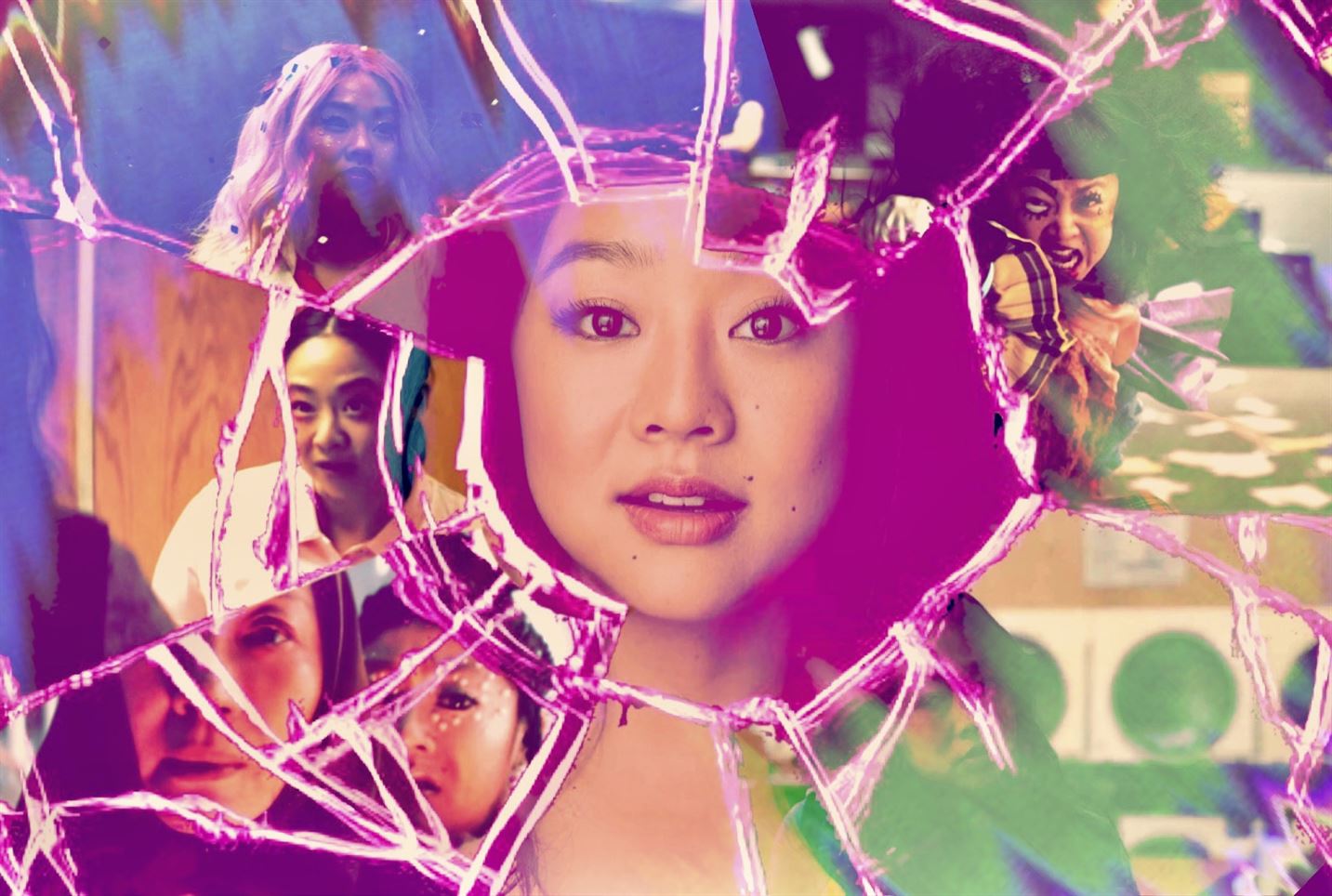Imagine you are Stephanie Hsu for a moment.
You put your heart and soul into a role, to put it lightly, because there are no words that can describe the impact her craft has left on this world and the Asian community.
You do so well and exceed everyone’s expectations to the point that your breakout role gets you an Academy Award nomination for Best Supporting Actress. You sit at the Oscars with your film crew, who proceed to win a total of seven Academy Awards, making it the most awarded film ever.
With your own two eyes, you have to watch a white woman, your co-star Jamie Lee Curtis, win your Academy Award nomination for a role that you could easily do in your sleep.
Well, you don’t have to imagine, because that’s exactly what happened to Hsu herself.
Don’t get me wrong, I’ve been a fan of Curtis since “Freaky Friday” and there’s no one that loves that woman more than a former Disney Channel kid, but her role in “Everything Everywhere All at Once” can’t even compare to that of Hsu.
For those not familiar with it, The New York Times describes the film being “about a family of Asian immigrants who travel through a multiverse in their quest to find one another.”
Hsu plays the role of Joy, the queer daughter of Chinese immigrant parents, who in the multiverse has become evil and seeks to destroy everything in her path, her alias being Jobu Tupaki.
As a queer woman of immigrant parents myself, I’ve never seen myself so well-portrayed and represented in media, from my conflicting relationship with my identity and the change of adjusting to American culture that strides away from tradition. Hsu made me feel seen and that I’m not alone in this struggle to be myself while staying true to where I come from.
Aside from the emotional factor that made me and so many others feel connected to Joy, Hsu’s acting technique and range for displaying who her characters were at their very core were short of incredible. The fact that she didn’t win doesn’t hurt because fans of the film are sore losers, it is because people of color have to work twice as hard to be acknowledged and they can rarely outsell their white counterparts.
The majority of people on social media agree that Curtis was only given the Oscar as a legacy award. Because of her long career and not having received one thus far, she was awarded it instead of Hsu and even Angela Bassett, who’s getting dragged online for looking disappointed at the results of the winner of Best Supporting Actress.
Bassett, who was nominated for the same category, did a remarkable and impeccable job in her role as Queen Ramonda in “Black Panther: Wakanda Forever.” It drew me to tears, and if there was anyone else more deserving of an Oscar than Hsu, it has to be Bassett.
It is true that the Academy has been making strides in terms of representation, as Michelle Yeoh is the first Asian woman to win Best Actress, but it’s also very upsetting that it’s taken this long for minorities to have a seat at the table. Yeoh is only the second woman of color to do so, the first one being Halle Berry for Monster’s Ball (2001).
Hsu’s situation is the one that I find to be the most exemplary of the Academy’s lack of tact with people of color.
If they wanted to recognize Curtis for her career, they could have easily done so during the ceremony. Many people in the industry were celebrated that night, as the entire point of the Oscars is to recognize all people in film and those behind the scenes involved in it.
Curtis deserves to feel seen for her accomplishments, but in a film whose cast is mainly actors of Asian descent, it is not fair that Hsu got snubbed because the Academy wanted to give out a career award.
It is about time people of color in the industry are supported and honored to the same extent as anyone else.



